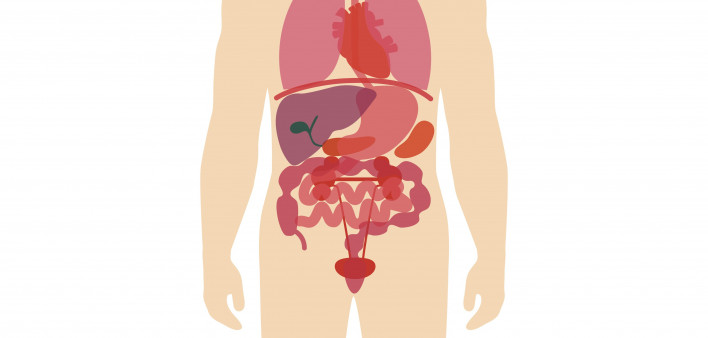Among men, the gut microbiome may have key differences, based on whether they have sex with men or women, that might put men who have sex with men (MSM) at higher risk for HIV and faster replication of the virus if they contract it.
Catherine Lozupone, PhD, and Brent Palmer, PhD, of the University of Colorado Denver, studied human fecal samples transplanted into germ-free mice; they published their findings in PLOS Pathogens.
Past research has revealed key variations between the gut microbiome in MSM who engage in behaviors that raise the risk of HIV transmission compared with men who have sex with women (MSW) whose practices do not pose a high risk of transmission, regardless of their HIV status.
The authors of the new study wanted to investigate whether such differences in men’s microbiomes directly impact immune activation, which is associated with an increased risk of HIV acquisition as well as more severe HIV disease. So they took stool samples from 16 HIV-negative MSW, 19 HIV-negative MSM at high risk for the virus, and 12 HIV-positive MSM who had never taken antiretrovirals. They transplanted the samples into germ-free mice.
According to DNA sequencing of the resulting gut microbiomes in the mice, the specific differences in the microbiomes of the men were successfully engrafted into the animals. These differences were associated with increased CD4 and CD8 T-cell activation in the mice that received transplants from the MSM, compared with those that received transplants from the MSW.
After the researchers controlled for MSM status, they found that HIV’s association with differences in gut microbiome composition was subtle. Consequently, a larger cohort of fecal donors may be needed to detect significant differences in the gut microbiome among MSM based on HIV status.
Investigating whether their findings might have implications for HIV replication in the body, the scientists infected mucosal cells that they stimulated with isolated microbe populations from the fecal samples. They found that the microbes from MSM were associated with a higher rate of HIV-infected cells than those taken from MSW.
Such findings, the study authors concluded, suggest a direct link between the composition of the gut microbiome and immune activation in MSM and provide a rationale for future research into gut microbiome characteristics as a risk factor for transmission of the virus.
To read the study, click here.







2 Comments
2 Comments